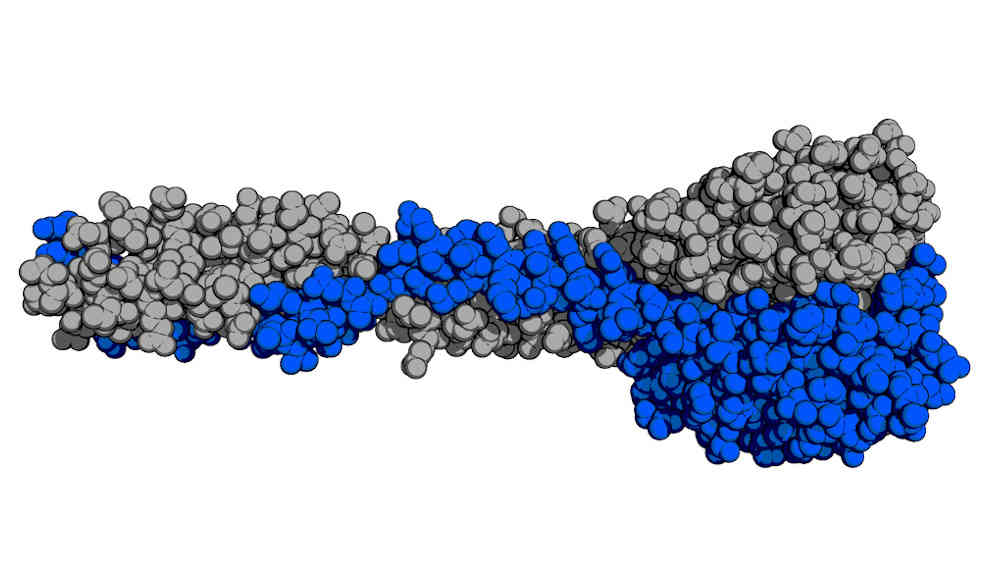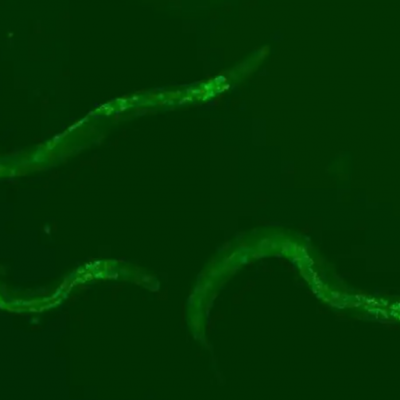Genetically modified phages have shown great potential in combating multi-resistant bacteria. Unlike antibiotics, these viruses have no side effects because they only target specific pathogens. Scientists at the Swiss Federal Institute of Technology in Zurich have presented a new treatment approach that can reliably combat multi-resistant bacteria. They use bacteriophages, which are viruses that are specific to a particular type or even subtype of bacteria and can kill them. Unlike antibiotics, which can attack the body’s other bacterial flora, there are no collateral damages. However, the use of phages in medicine has been limited because the required phages had to be isolated and characterized for therapy.
The researchers at the Institute for Food, Nutrition, and Health have modified the genes of phages so that they can recognize and kill other bacteria, making it possible to use them against multiple pathogens. The genetically modified phages have receptor-binding proteins that can be modified to attack and kill a range of bacterial strains. This allows for a broad range of hosts to be covered in a single treatment. The synthetic phages can be developed, manufactured, and adapted much more precisely than a wild-type phage cocktail.
Before clinical use is possible, the new treatment method still needs to take several steps. The current study is only a feasibility study and only demonstrates the effectiveness against the Listeria bacterium. In the next step, the researchers want to create phages against other diseases where conventional antibiotics are no longer reliable. The first successful treatment with modified phages was reported in the United States in 2019, where doctors were able to cure a 15-year-old girl with cystic fibrosis caused by mycobacteria. However, clinical studies with multiple subjects do not yet exist.
In conclusion, genetically modified phages have the potential to be a powerful weapon against multi-resistant bacteria. The ability to modify receptor-binding proteins allows for a broad range of hosts to be covered in a single treatment. While the current study is only a feasibility study, the researchers hope to create phages against other diseases where conventional antibiotics are no longer reliable. The use of phages in medicine could be a game-changer in the fight against antibiotic-resistant bacteria.










